10 Best Herbal Essential Oils For Stress
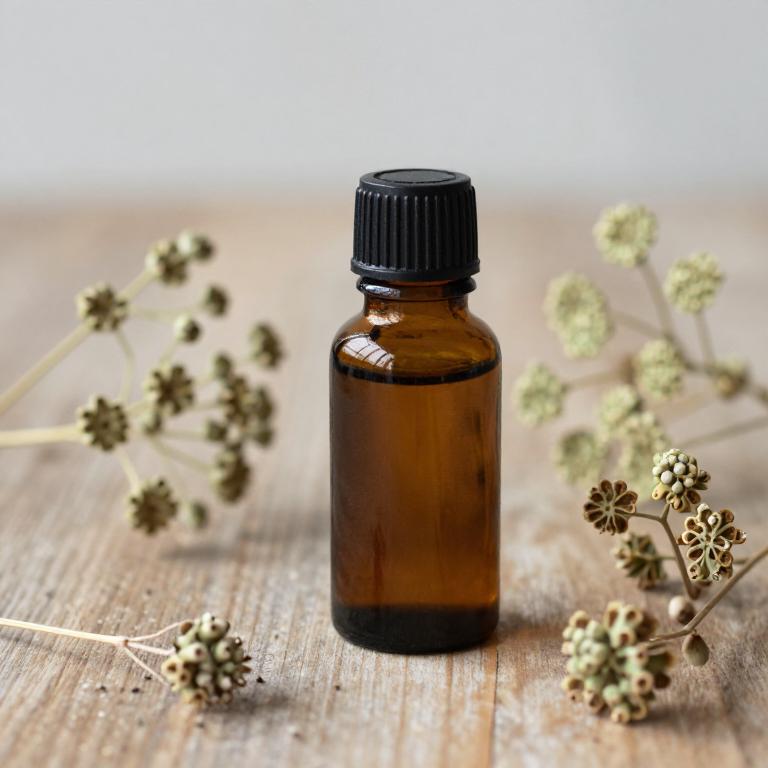
Herbal essential oils, derived from plants through steam distillation or cold pressing, have been widely used for their therapeutic properties, particularly in managing stress.
Oils such as lavender, chamomile, and bergamot are renowned for their calming effects and ability to promote relaxation. These essential oils can be used in aromatherapy, massage, or diffusers to create a soothing environment that helps reduce anxiety and tension. Research suggests that the aromatic compounds in these oils interact with the limbic system, influencing mood and emotional well-being.
Incorporating herbal essential oils into a daily self-care routine can offer a natural and effective way to alleviate stress and enhance overall mental health.
Table of Contents
- 1. Valerian (Valeriana officinalis)
- 2. English lavender (Lavandula angustifolia)
- 3. Lemon balm (Melissa officinalis)
- 4. Rosemary (Rosmarinus officinalis)
- 5. Peppermint (Mentha piperita)
- 6. Black pepper (Piper nigrum)
- 7. Ceylon cinnamon (Cinnamomum zeylanicum)
- 8. Citrus sinensis
- 9. Lemon grass (Cymbopogon citratus)
- 10. Olibanum (Boswellia carteri)
1. Valerian (Valeriana officinalis)

Valeriana officinalis, commonly known as valerian, is a herb widely recognized for its calming properties and use in reducing stress and anxiety.
Its essential oil, derived through steam distillation of the dried roots, contains bioactive compounds such as valerenic acid and sesquiterpenes, which are believed to interact with the central nervous system to promote relaxation. This essential oil is often used in aromatherapy, diffusers, or topical applications to help alleviate tension and improve sleep quality. It is particularly beneficial for individuals experiencing mild to moderate stress, nervousness, or restlessness.
However, it is important to use valerian essential oil with caution, as it can be potent and may cause skin irritation if not properly diluted.
2. English lavender (Lavandula angustifolia)

Lavandula angustifolia, commonly known as English lavender, is widely recognized for its calming properties and is often used in aromatherapy to alleviate stress and promote relaxation.
The essential oil derived from this plant contains compounds such as linalool and linalyl acetate, which have been shown to have sedative and anxiolytic effects on the nervous system. When inhaled, the aroma of lavender essential oil can help reduce anxiety, lower heart rate, and improve mood, making it a popular natural remedy for stress relief. It is frequently used in diffusers, massage oils, or as a topical application to ease tension and enhance mental well-being.
Overall, lavender essential oil offers a safe and effective way to manage stress through its soothing and aromatherapeutic benefits.
3. Lemon balm (Melissa officinalis)
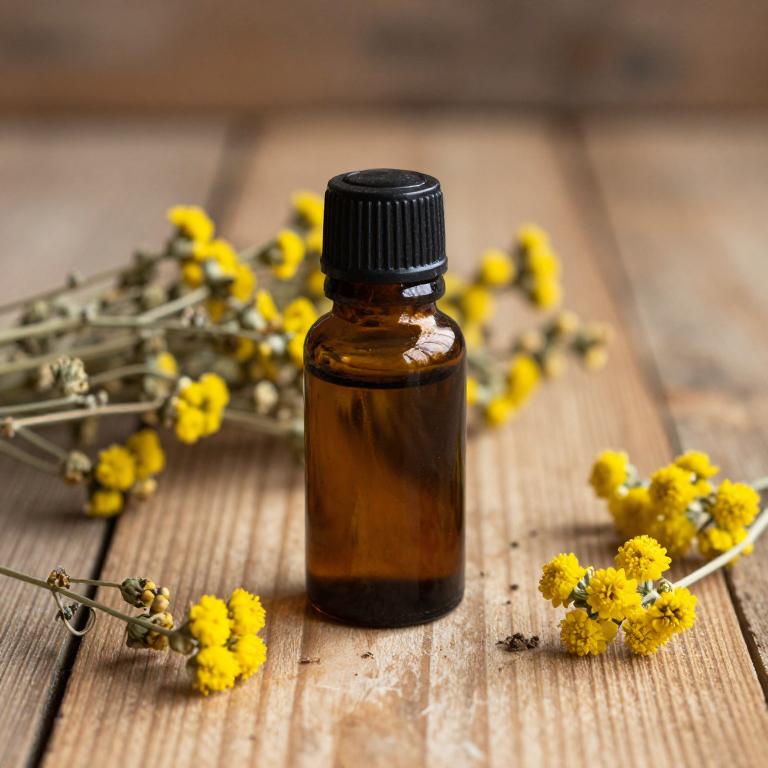
Melissa officinalis, commonly known as lemon balm, is a popular herb used in aromatherapy for its calming and stress-relieving properties.
The essential oil derived from its leaves contains compounds like linalool and citral, which are known for their ability to reduce anxiety and promote relaxation. When used in diffusers, massage oils, or inhalation therapy, Melissa officinalis essential oil can help alleviate mental fatigue and improve mood. It is particularly effective for managing stress-related symptoms such as restlessness and insomnia.
Due to its gentle nature, it is often recommended for use in both adults and children, making it a versatile option in holistic stress management.
4. Rosemary (Rosmarinus officinalis)

Rosmarinus officinalis, commonly known as rosemary, is a popular herb whose essential oil is widely used for its calming and stress-relieving properties.
The oil contains compounds such as camphor, cineole, and pinene, which are known to support mental clarity and reduce anxiety. When used in aromatherapy, rosemary essential oil can help alleviate stress by promoting relaxation and improving mood. It is often diffused in the air or applied topically to the wrists and temples for a soothing effect.
Due to its invigorating and balancing qualities, rosemary essential oil is a valuable tool in natural stress management practices.
5. Peppermint (Mentha piperita)

Mentha piperita, commonly known as peppermint, is a popular herb used in the production of essential oils that are widely recognized for their calming and stress-relieving properties.
The essential oil derived from peppermint leaves contains potent compounds like menthol and menthone, which have a cooling effect on the skin and can help reduce feelings of anxiety and tension. When inhaled or applied topically, peppermint essential oil can stimulate the nervous system and promote a sense of mental clarity and relaxation. It is often used in aromatherapy sessions to help alleviate stress and improve mood, making it a valuable natural remedy for those experiencing emotional strain.
However, it is important to use peppermint essential oil with caution, as it may cause skin irritation or interact with certain medications when used in excess.
6. Black pepper (Piper nigrum)

Piper nigrum, commonly known as black pepper, contains essential oils that have been traditionally used for their aromatic and therapeutic properties.
These essential oils, derived from the dried fruit of the plant, are known to have a stimulating and warming effect on the mind and body. The compounds within the oil, such as beta-caryophyllene and limonene, are believed to interact with the body's receptors to help reduce stress and promote relaxation. When used in aromatherapy, piper nigrum essential oil can help alleviate anxiety and improve mood by enhancing mental clarity and emotional balance.
It is often recommended for use in diffusers, inhalation, or as a component in massage oils to support stress relief and overall well-being.
7. Ceylon cinnamon (Cinnamomum zeylanicum)

Cinnamomum zeylanicum, commonly known as cinnamon bark, is a popular source of herbal essential oils renowned for its ability to alleviate stress and promote relaxation.
The essential oil derived from this plant contains compounds like cinnamaldehyde and eugenol, which have calming and mood-enhancing properties. When used in aromatherapy, cinnamon essential oil can help reduce anxiety and improve mental clarity by stimulating the release of endorphins. Its warm, spicy aroma is known to uplift the spirit and create a soothing environment.
Incorporating cinnamon essential oil into daily routines through diffusers, topical applications, or massage can be a natural and effective way to manage stress and enhance overall well-being.
8. Citrus sinensis
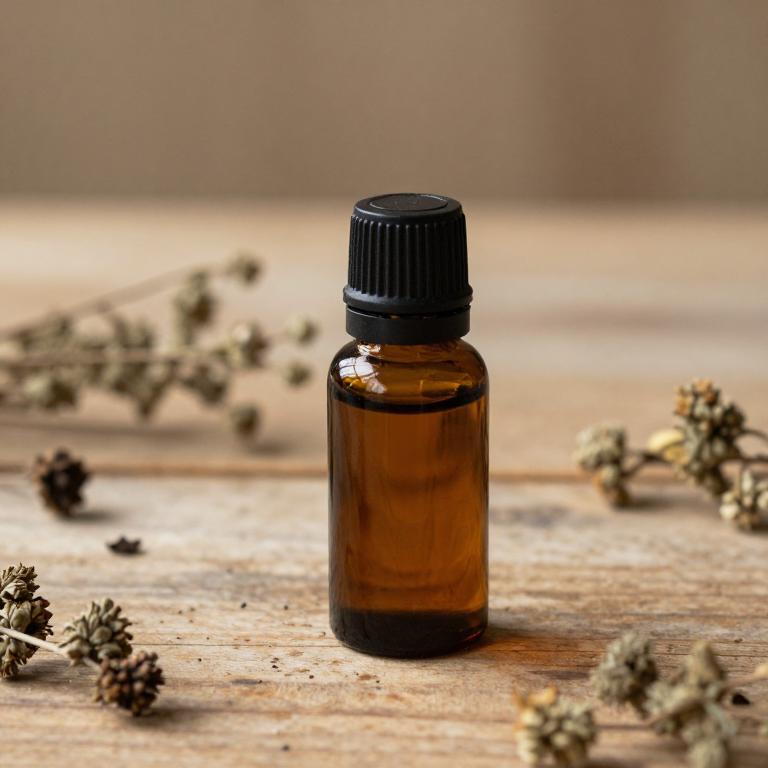
Citrus sinensis, commonly known as sweet orange, is a popular source of herbal essential oils renowned for its calming and uplifting properties.
The essential oil is derived through cold pressing the peel of the fruit, capturing its fresh, sweet, and slightly floral aroma. This oil is widely used in aromatherapy to help alleviate stress and anxiety by promoting a sense of relaxation and emotional balance. Its mild and pleasant scent makes it particularly effective for use in diffusers, massage oils, or as a topical application.
Regular use of Citrus sinensis essential oil can support a balanced mood and contribute to overall mental well-being during times of stress.
9. Lemon grass (Cymbopogon citratus)
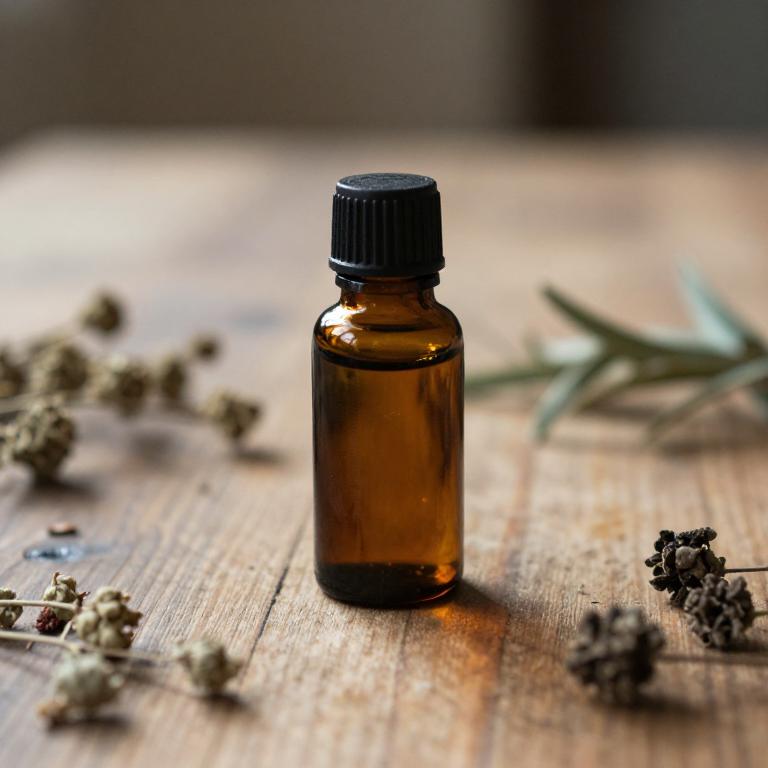
Cymbopogon citratus, commonly known as lemon grass, is a popular herb whose essential oil is widely used for its calming and stress-reducing properties.
The oil contains compounds like myrcene and citral, which have been shown to have a soothing effect on the nervous system. When used in aromatherapy, lemon grass essential oil can help alleviate anxiety and promote a sense of tranquility. It is often diffused, applied topically, or used in massage to support mental well-being.
Due to its gentle nature, it is considered a safe and effective natural remedy for managing stress and promoting relaxation.
10. Olibanum (Boswellia carteri)
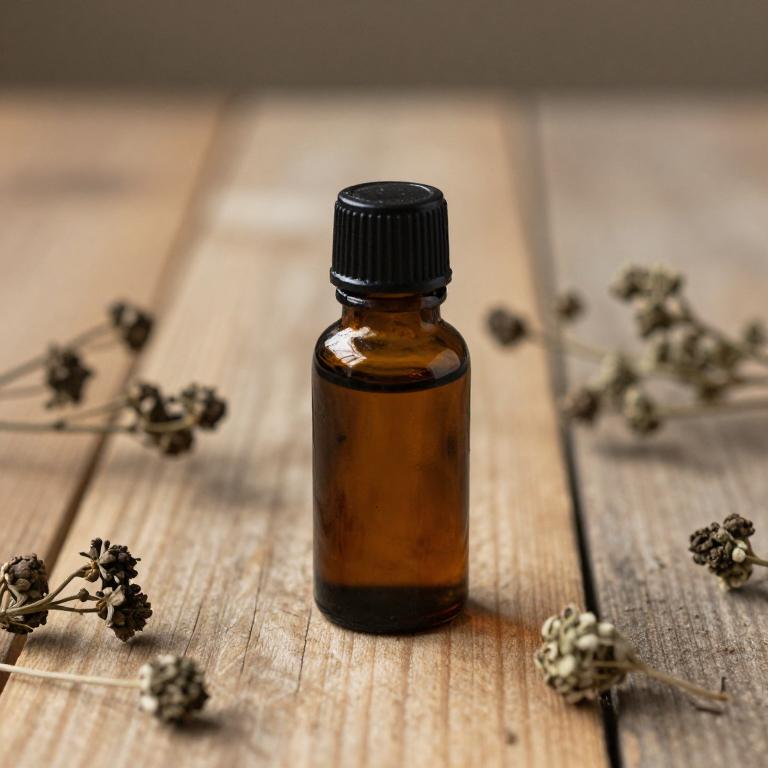
Boswellia Carteri, also known as Indian Frankincense, is a resinous tree native to the Indian subcontinent and is widely used in traditional Ayurvedic medicine.
Its essential oil, extracted through steam distillation, is valued for its calming and anti-inflammatory properties. Boswellia Carteri essential oil is particularly effective in reducing stress and anxiety due to its ability to promote relaxation and enhance mood. The oil can be used in aromatherapy, massage, or diffused in the air to create a soothing atmosphere.
Regular use of Boswellia Carteri essential oil may help support emotional balance and reduce the physiological symptoms of stress.